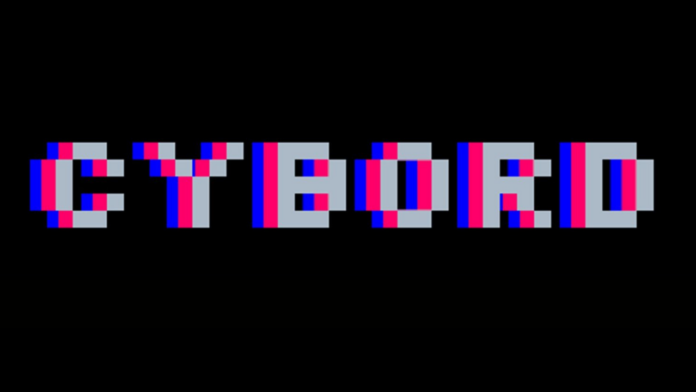CBRC-20, affectionately known as “Cy[Bord],” emerges as a disruptor in the world of metaprotocol token standards on Bitcoin Ordinals. This novel token standard not only enhances transaction efficiency but also introduces a slew of features that set it apart from its predecessors.
Similar to its counterpart, BRC-20, CBRC-20 employs the use of inscriptions as a messaging system, with off-chain indexing mirroring the familiar functions of deploy, mint, and transfer. Users accustomed to BRC-20 will find CBRC-20 strikingly familiar, except for a noteworthy difference in the appearance of inscription images.
The standout features of CBRC-20 lie in its efficiency and utilization of the latest ord reference client capabilities. With ord version 0.10.0, CBRC-20 takes advantage of the metadata field, a departure from BRC-20, enhancing the metaprotocol convention in inscriptions.
Despite inheriting some structural issues from BRC-20, such as third-party indexing and high fees on L1 scaling, CBRC-20 distinguishes itself with a game-changing efficiency boost through CBOR compression. The result? An estimated 60% reduction in fees, a considerable benefit for users who’ve collectively borne over $100 million in inscription fees, predominantly from BRC-20 transactions.
Token innovation takes center stage with CBRC-20, introducing custom MIME types for each inscription. This opens doors to intriguing possibilities like minting on PFPs. While BRC-20 has decided on “The Freeze,” halting updates past ord version 0.9.0, CBRC-20 embraces future updates, potentially a double-edged sword as it navigates the challenges of evolving alongside the ord client.
In essence, Cy[Bord] picks up where BRC-20 left off, capitalizing on the advantage of adapting to changes in the ord reference client. As BRC-20 opts for stability, CBRC-20’s flexibility allows it to take more risks and stay centralized in coordination.
The Cy[Bord] project, led by CyBORg and an undisclosed developer, holds promise for the future. While details on their plans remain shrouded in mystery, their expertise in ordinals protocol and development has piqued the interest of many.
Notably, Cy[Bord] launches with a fully defined spec and clear indexing rules, a departure from the norm in the world of JSON/text protocols. While BROTLI compression isn’t exclusive to CBRC-20, its potential adoption by BRC-20 hinges on updates from indexers and inscription services.
As the Cy[Bord] journey unfolds, the team emphasizes a disclaimer borrowed from BRC-20, urging users to proceed with caution. The author, an active participant in experimenting and minting these tokens, discloses their involvement.
In the evolving landscape of metaprotocols, Cy[Bord] stands as a testament to progress and adaptability, leaving users intrigued and eager to witness how this new metaprotocol will shape the future.


